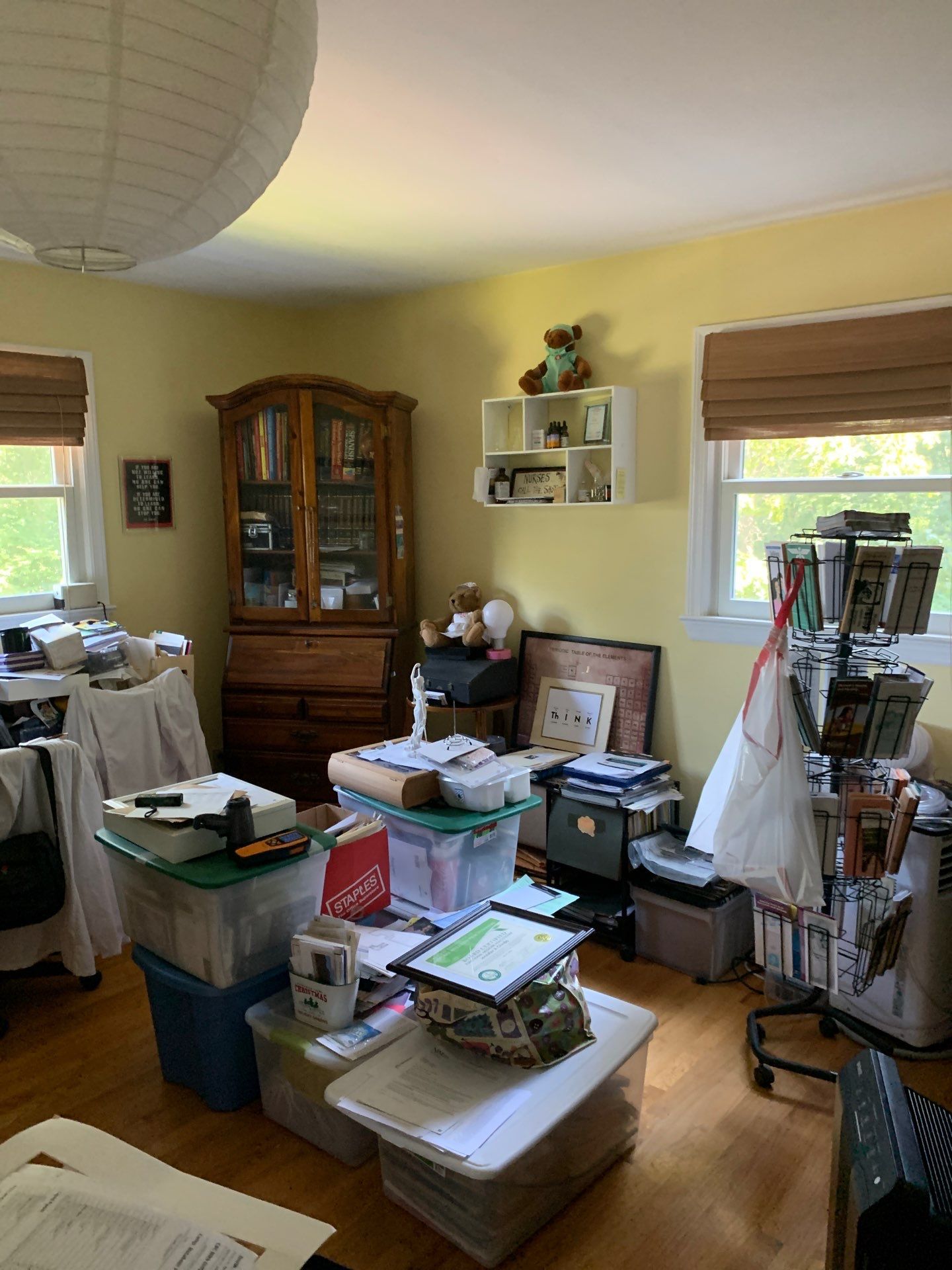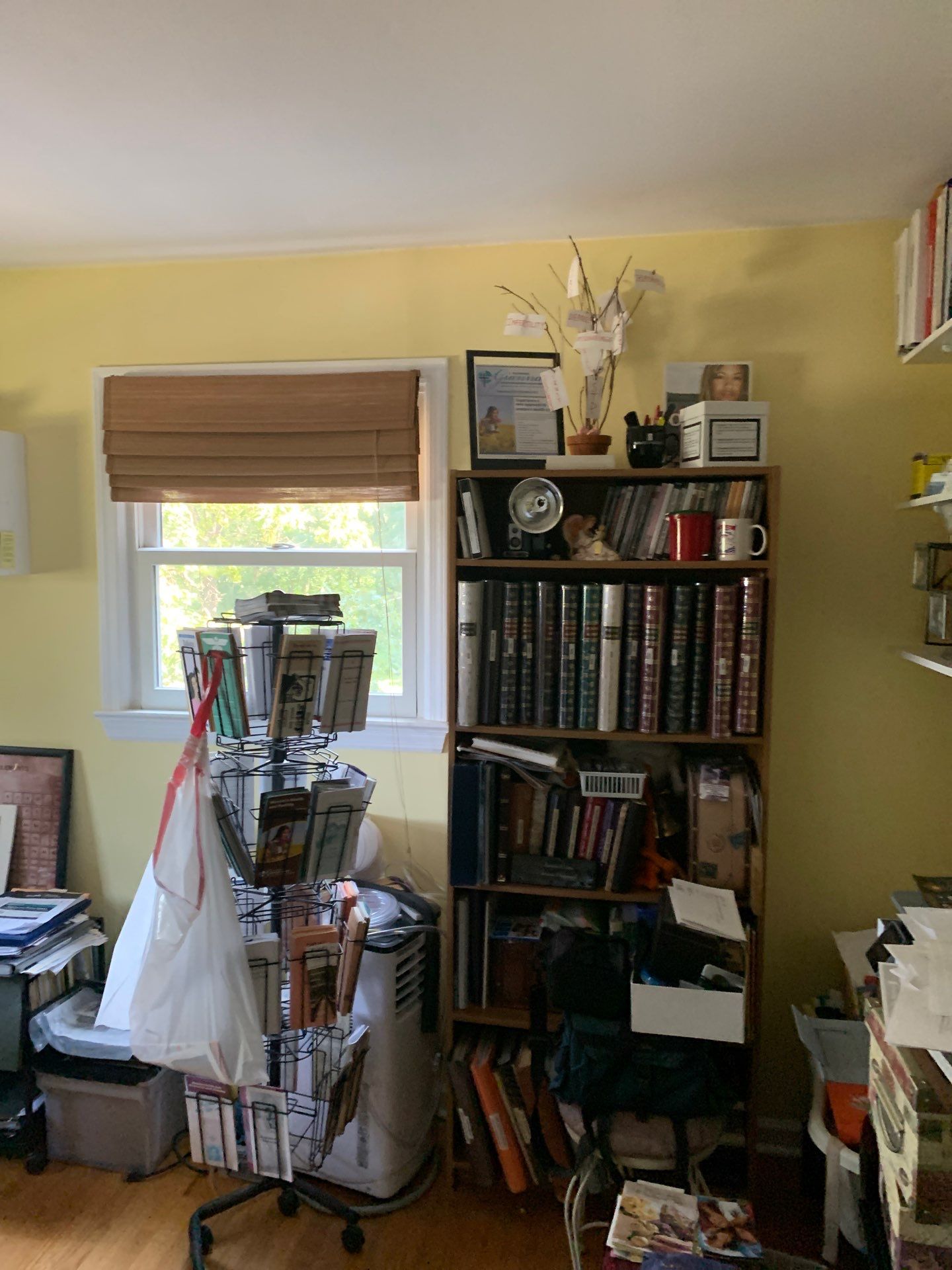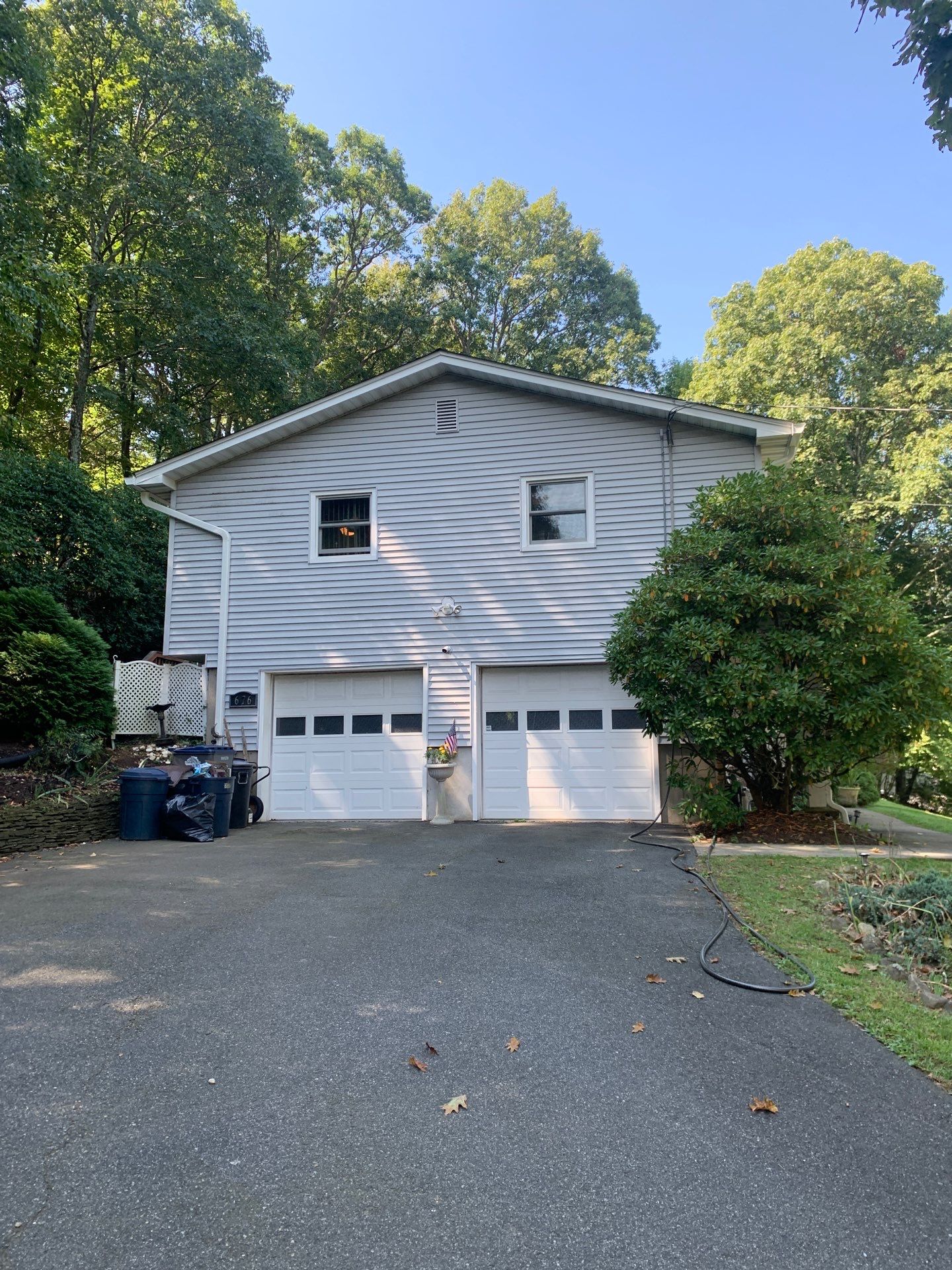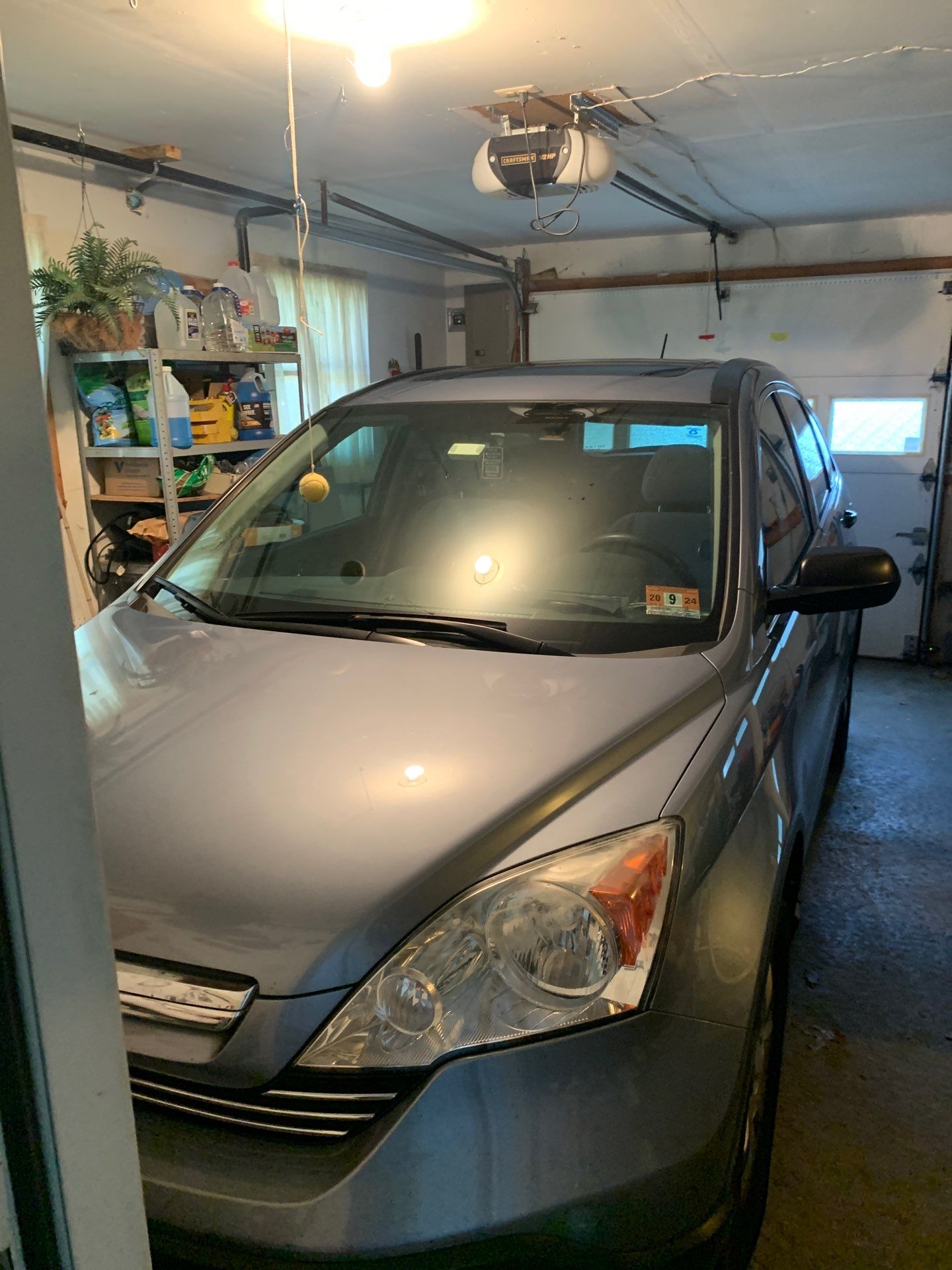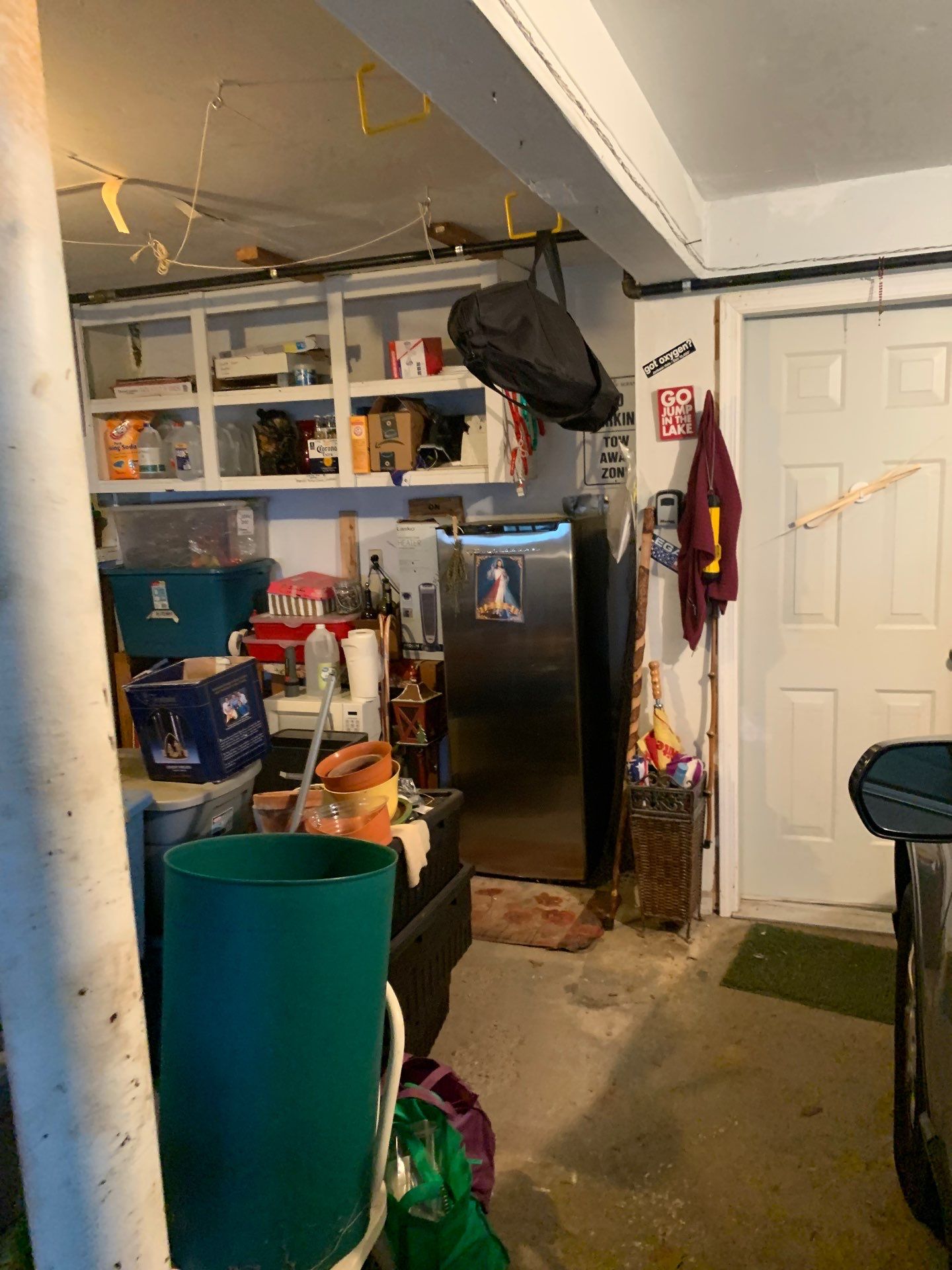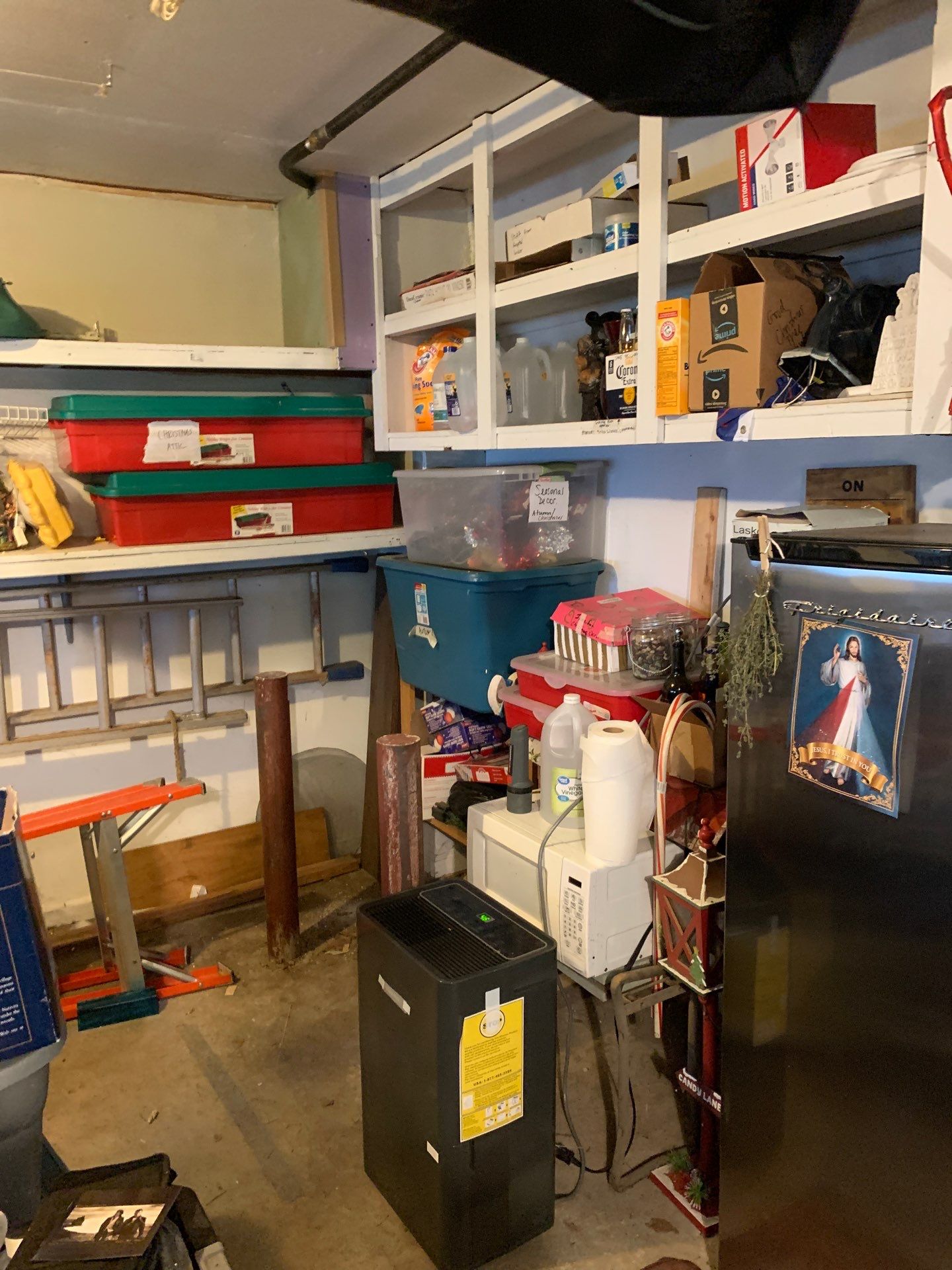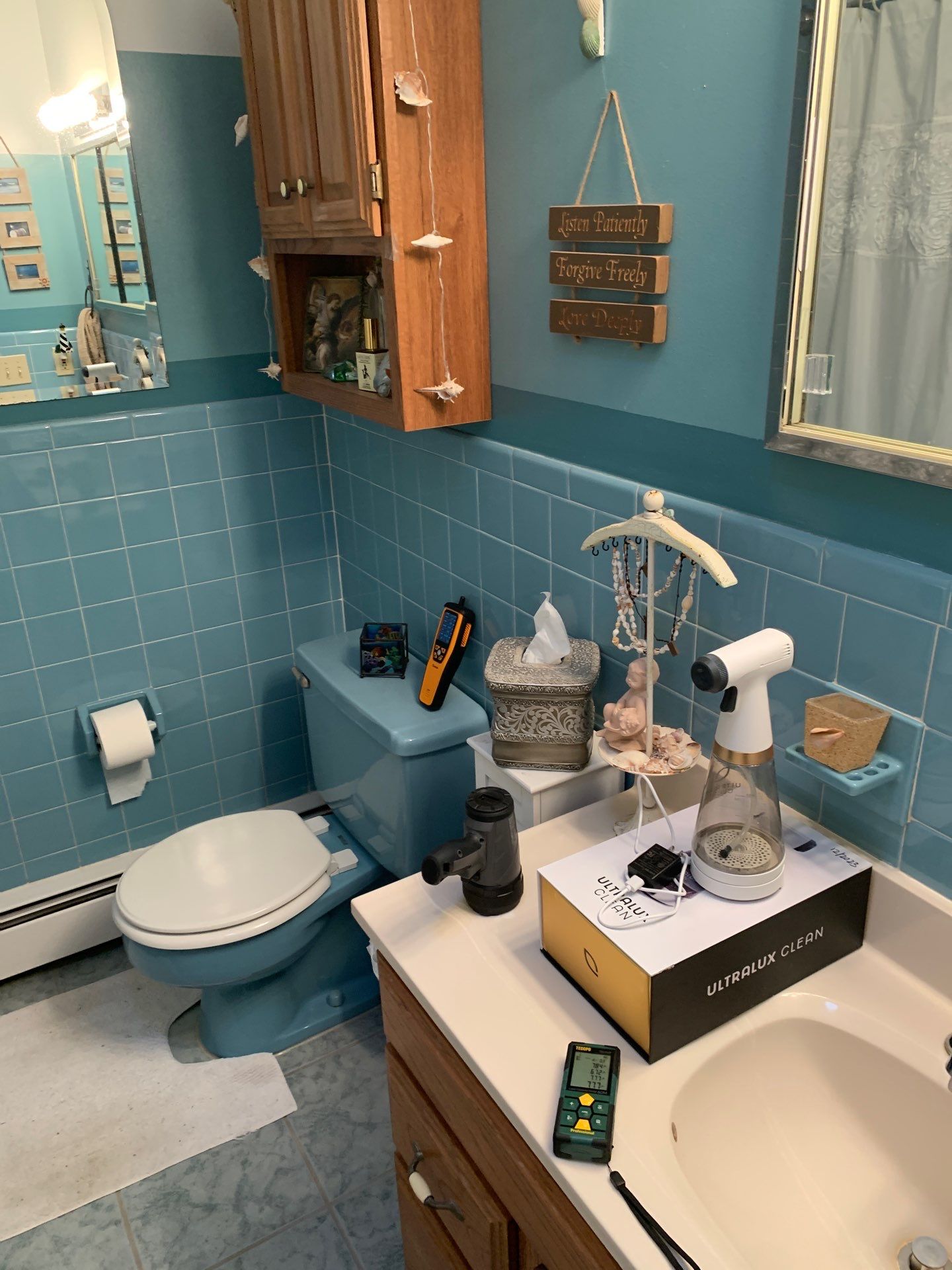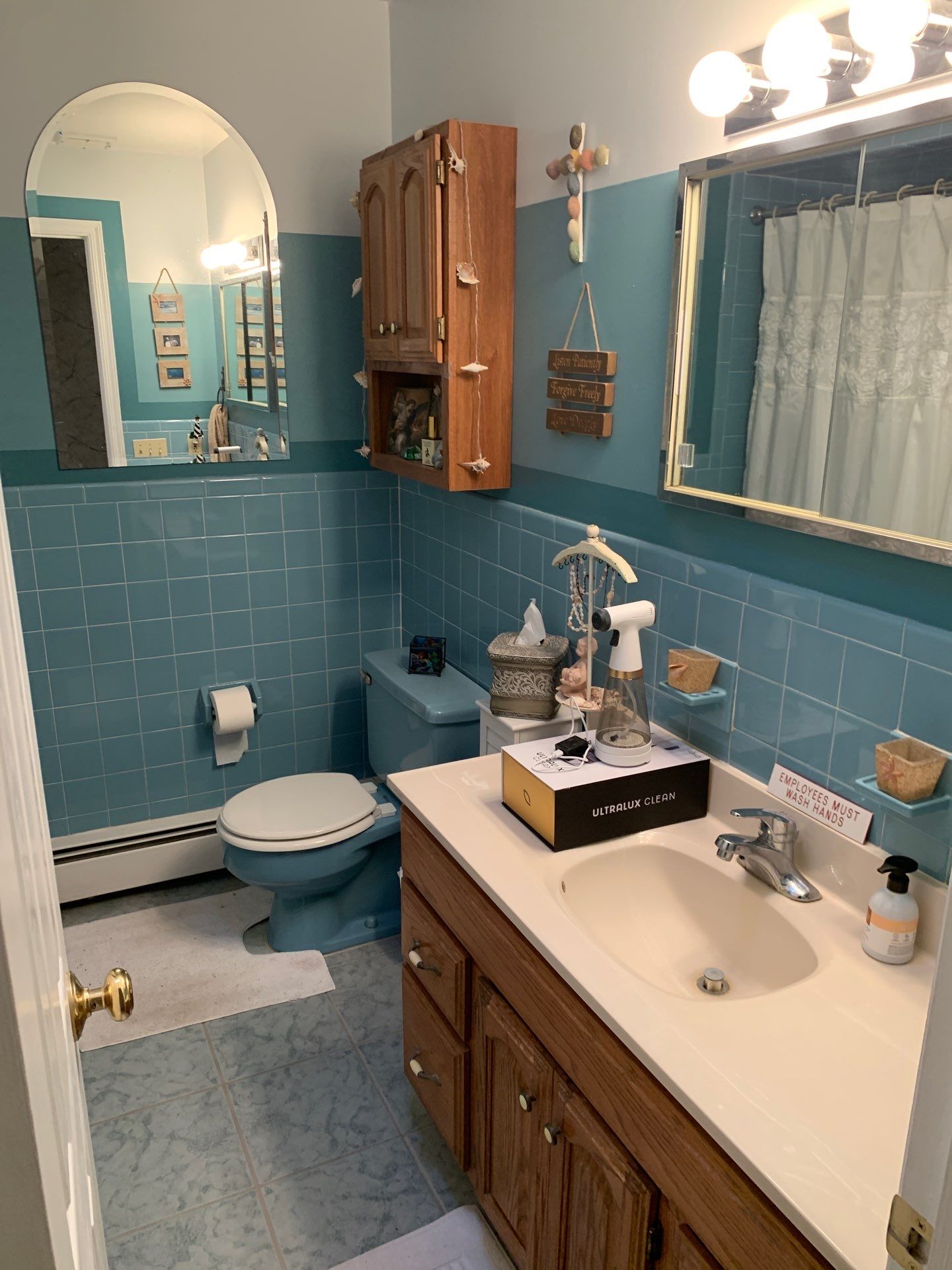Worried About Mold in Your Litchfield County Home?
If you’re noticing strange smells, persistent allergies, or unexplained health issues, mold might be the hidden problem. At Nash Everett, we help Litchfield County homeowners uncover and resolve mold problems before they get worse—quietly affecting your health and home.
Why Mold is a Bigger Problem Than It Looks
Mold often hides behind walls, under flooring, or in crawl spaces, making it difficult to detect until symptoms appear. It thrives in damp, dark, and humid environments—conditions common in basements, attics, and even bathrooms. Without proper removal, mold continues to spread, quietly damaging your home’s structure and your body’s immune system.
Health Symptoms You Shouldn’t Ignore
Mold is not just unsightly—it can seriously impact your health. Many people mistake mold-related symptoms for seasonal allergies or common colds. Over time, exposure can lead to more severe and chronic issues.
Some of the most common health concerns linked to indoor mold exposure include:
• Persistent coughing or sneezing
• Itchy, watery eyes
• Skin rashes or irritation
• Chronic fatigue or headaches
• Respiratory issues or worsening asthma
• Sinus congestion and post-nasal drip
• Brain fog and difficulty concentrating
Children, elderly individuals, and those with compromised immune systems are especially at risk. If someone in your household is constantly feeling sick, mold may be silently contributing.
What Leads Homeowners to Suspect Mold?
People often contact us after experiencing:
• A musty or earthy odor that won’t go away
• Visible dark spots on walls, ceilings, or vents
• Water damage from a past leak or flood
• Health symptoms that improve when away from the home
• Poor ventilation or persistent indoor humidity
Even if you don’t see mold, signs like warped drywall or peeling paint can be red flags that something’s growing out of sight.
How Do You Know for Sure? Indoor Air Quality Testing
The only way to know the extent of a mold issue is through professional testing. Nash Everett uses advanced tools to evaluate air quality and surface samples so we can pinpoint mold levels and types. We don’t guess—we give you real, scientific data.
Popular diagnostic tools and services include:
• Air sampling to detect mold spores in your breathing space
• Moisture meters to find hidden dampness inside walls or floors
• Thermal imaging to locate cold spots where mold thrives
• Surface sampling for specific areas of concern
This testing helps us create a targeted plan for clean-up—no unnecessary work, just effective solutions.
If Mold is Present, Here’s How We Handle It
Our mold remediation process is precise and protective. We don’t just scrub and go. We identify the source, eliminate the mold, and take steps to prevent it from returning.
Here’s what you can expect:
• Isolation of affected areas to prevent spore spread
• HEPA filtration systems to clean the air during remediation
• Safe removal and disposal of contaminated materials
• Eco-friendly and effective antimicrobial treatments
• Detailed clearance testing to confirm a mold-free space
We also educate you on what may have caused the mold in the first place, whether it’s poor ventilation, water intrusion, or other structural factors—so you don’t face the same issue again.
Why Litchfield County Residents Choose Nash Everett
At Nash Everett, we don’t just fix problems—we guide you through them with care. Every home has a story, and we listen. From our initial inspection to the final walkthrough, we take your concerns seriously and respect your space like it’s our own.
With extensive training, proper certifications, and a local understanding of Connecticut’s climate challenges, we offer:
• Fair, honest assessments
• Non-invasive testing
• Transparent guidance with no scare tactics
• Solutions tailored to your home and budget
Whether you’re dealing with a long-standing issue or recent water damage, Nash Everett is your trusted mold and indoor air quality partner in Litchfield County.
Take the First Step Toward a Healthier Home
If you’re wondering whether your air is safe—or if mold is silently causing problems—reach out today. A healthier, more breathable home may be just a phone call or message away.


